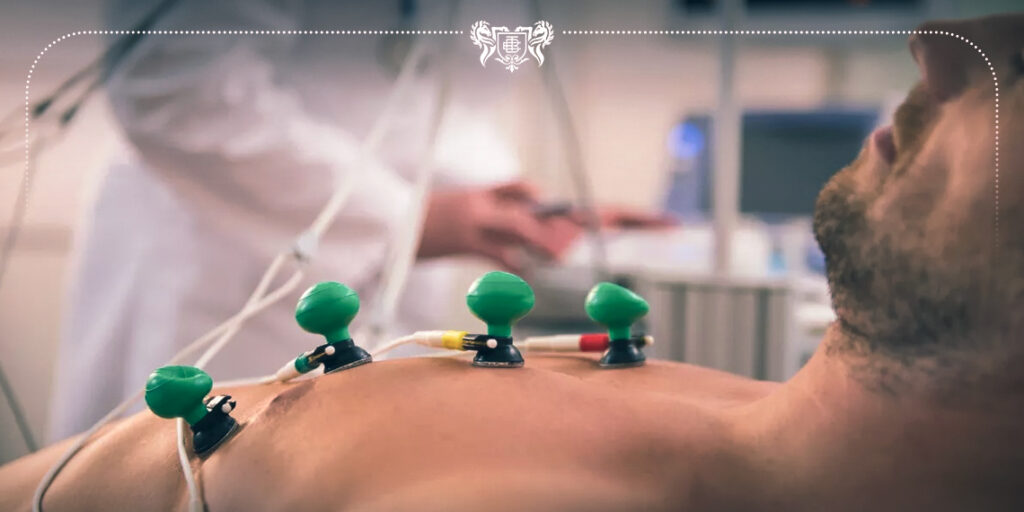The NHS in England is preparing to trial a revolutionary artificial intelligence tool designed to predict fatal heart disease and early death risks.
The AI technology, called AI-ECG Risk Estimation (Aire), uses electrocardiogram (ECG) results to detect hidden heart issues that doctors may miss, flagging patients in need of further tests or treatments.
This innovative tool, developed to improve heart disease diagnosis and prevention, will first be tested at Imperial College Healthcare NHS Trust and Chelsea and Westminster Hospital NHS Foundation Trust.
In this world-first trial, hundreds of patients will participate initially, with plans for wider trials across other NHS hospitals.
Research published in The Lancet Digital Health has shown that Aire accurately predicts a patient’s risk of death within the next decade in 78% of cases based on ECG data.
Aire also forecasts heart failure with 79% accuracy, serious heart rhythm disorders with 76% accuracy, and atherosclerotic cardiovascular disease—where the arteries narrow and limit blood flow—in 70% of cases.
The AI tool was trained on a dataset containing over 1.16 million ECGs from nearly 190,000 patients. According to Fu Siong Ng, a consultant cardiologist and expert in cardiac electrophysiology, Aire is expected to become part of routine NHS ECG analysis within five to ten years.
This would enable doctors to not only diagnose current heart conditions but also predict future risks, allowing for earlier intervention and disease prevention.
Ng emphasised that patients flagged as high-risk for certain heart conditions could benefit from preventive treatments, including weight-loss programmes or earlier medical interventions, which will be explored in upcoming clinical studies.
Arunashis Sau, a British Heart Foundation clinical research fellow, stressed that ECGs are low-cost and widely used, making them a powerful tool for identifying high-risk patients with AI assistance. Unlike traditional AI tools that mimic human tasks, Aire provides superhuman insights, detecting risks that standard heart tracings cannot reveal.
This trial represents a significant step forward in integrating artificial intelligence into the NHS, with the potential to transform the detection and management of heart disease across the healthcare system.


